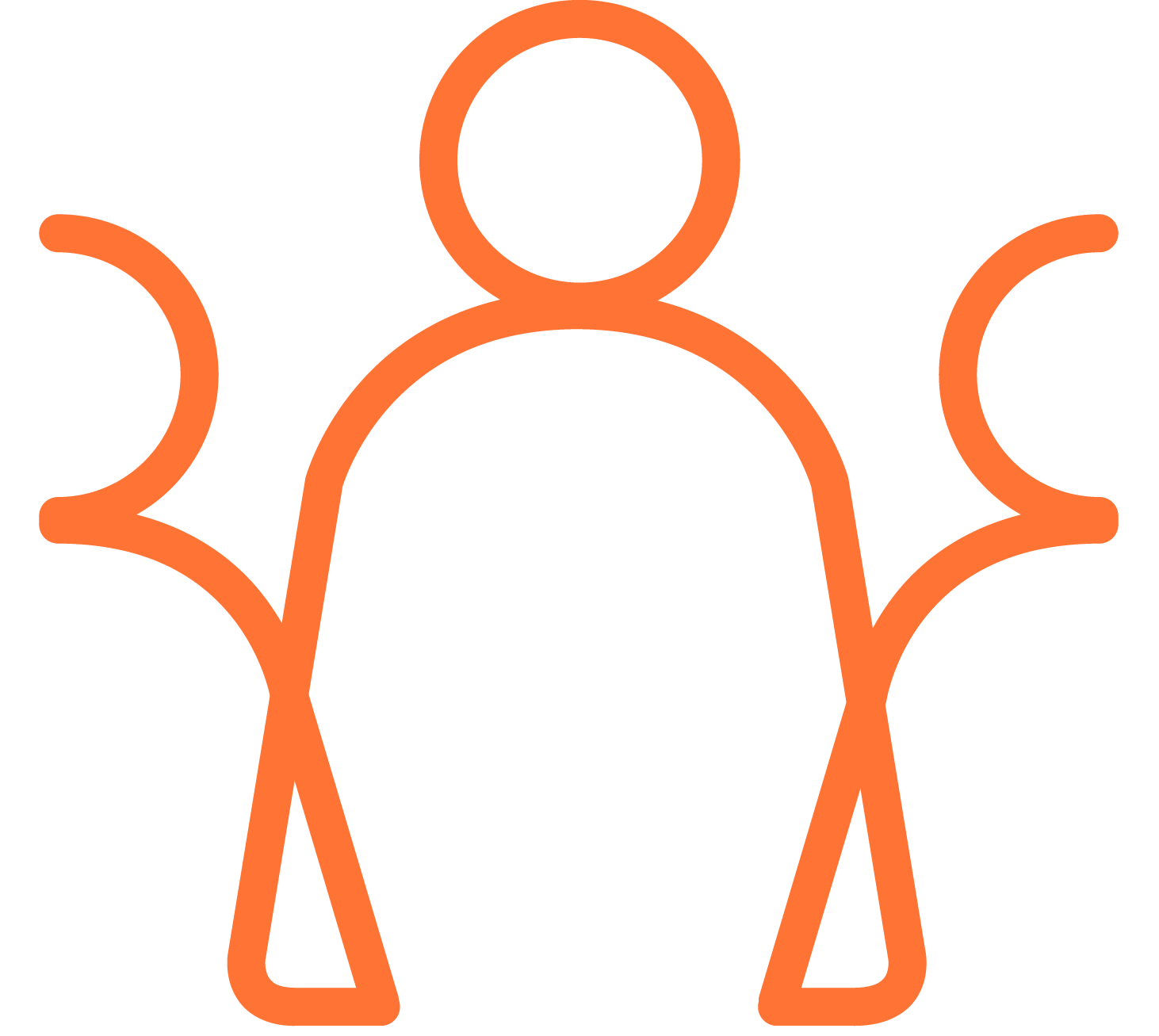Using smartphone data and artificial intelligence to track and interpret behavior, a Chicago startup is attempting something extraordinary: predicting and preventing relapse into drug use.
When I spoke to Tasha Hedstrom this winter, she had been sober for more than 61 days. After struggling with opioid addiction for 15 years, Hedstrom is taking Vivitrol, a drug that blocks the pleasurable effects of opioids and reduces cravings. She goes to a court-mandated recovery program three days a week and tracks her progress on a phone app she found on Facebook, called Triggr Health.
Hedstrom says she has never found peer support programs like Narcotics Anonymous helpful. “I don’t like the atmosphere. I feel like people are talking about using and glorifying it,” she says. “I don’t like telling my story a million different times.”
Triggr has been a different way to access support. In addition to tracking the number of days she has been in recovery, the app connects Hedstrom to a team of recovery coaches, who chat with her periodically throughout the day by text and app message. If she has not contacted Triggr for a full day, the team contacts her. Generally, they talk about how her day is going or goals she has set for herself, but recently they helped her through an unexpected challenge. A stranger followed her car into a lot and parked next to her, then offered her drugs. Not sure what to do, Hedstrom texted Triggr. “It’s not just about addiction,” she says. “It’s like we’re on a friend basis. You need to have backup supports.”

